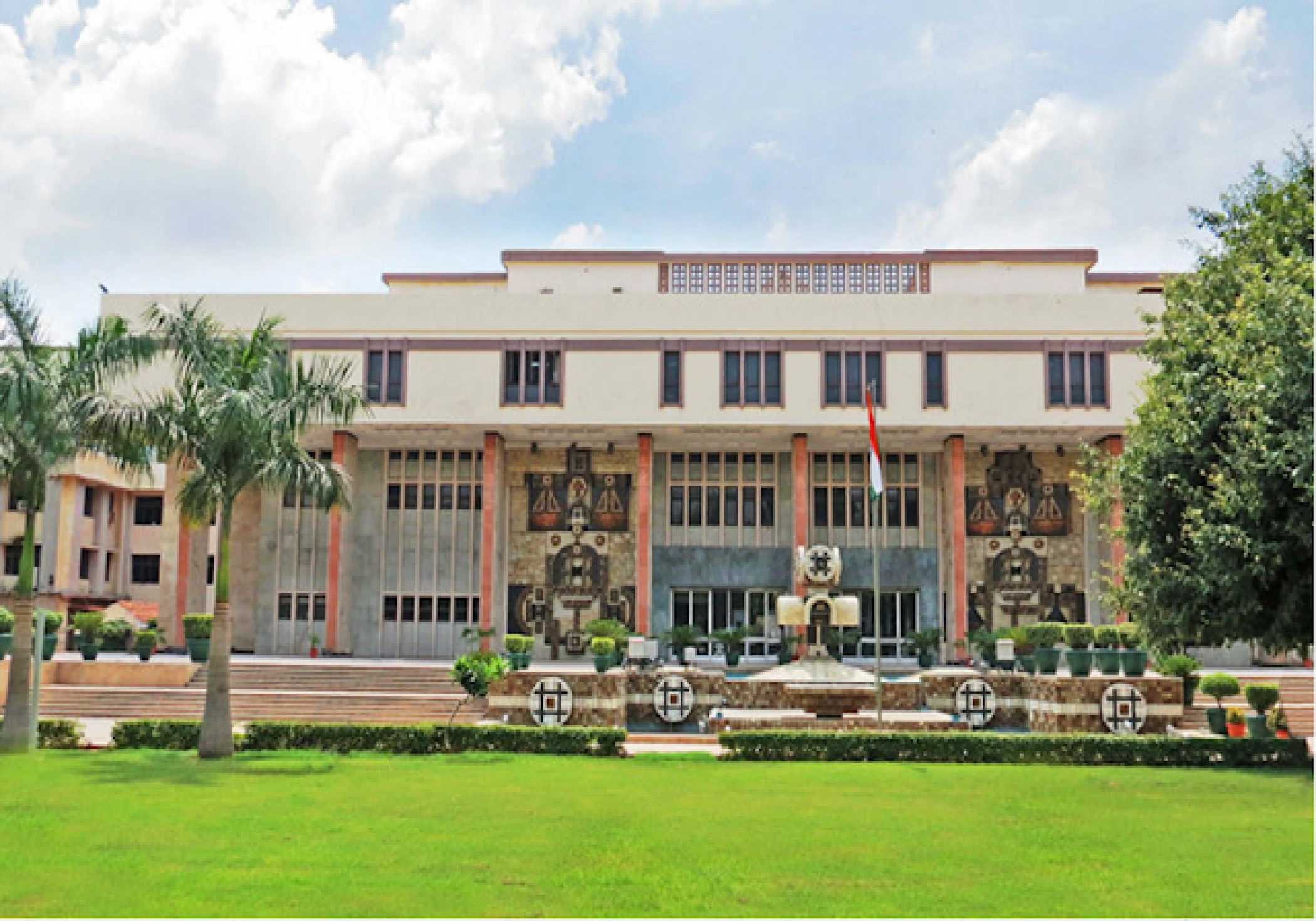
The Delhi High Court has granted permission for two children with autism spectrum disorder (ASD) to continue undergoing stem cell therapy, despite a recommendation against its use by the Ethics and Medical Registration Board (EMRB) of the National Medical Commission (NMC). The court ruling addresses the immediate situation but also raises questions about the potential benefits and risks of using stem cell therapy for ASD.
Autism spectrum disorder is a neurological disorder that affects the communication, behavior, and learning of an individual. Currently, there is no cure available for ASD. However, there are various therapies used to manage the symptoms and enhance the quality of life of an individual.
Stem cells are the cells present in our body that can divide and produce different types of specialized and differentiated cells.
Pluripotent stem cells are one of the types of stem cells used for stem cell therapy. These stem cells can only obtained from the umbilical cord blood of a baby for stem cell therapy.
In 2002, Dr. Venugopal of AIIMS Delhi used stem cell injection for the treatment of heart disease, and in the same year, AIIMS Delhi established a stem cell bank for research purposes.
At present, there are various companies that offer stem cell banking for the preservation of these stem cells which can be used for the treatment of blood-related diseases like blood cancer, sickle cell anemia, etc.

